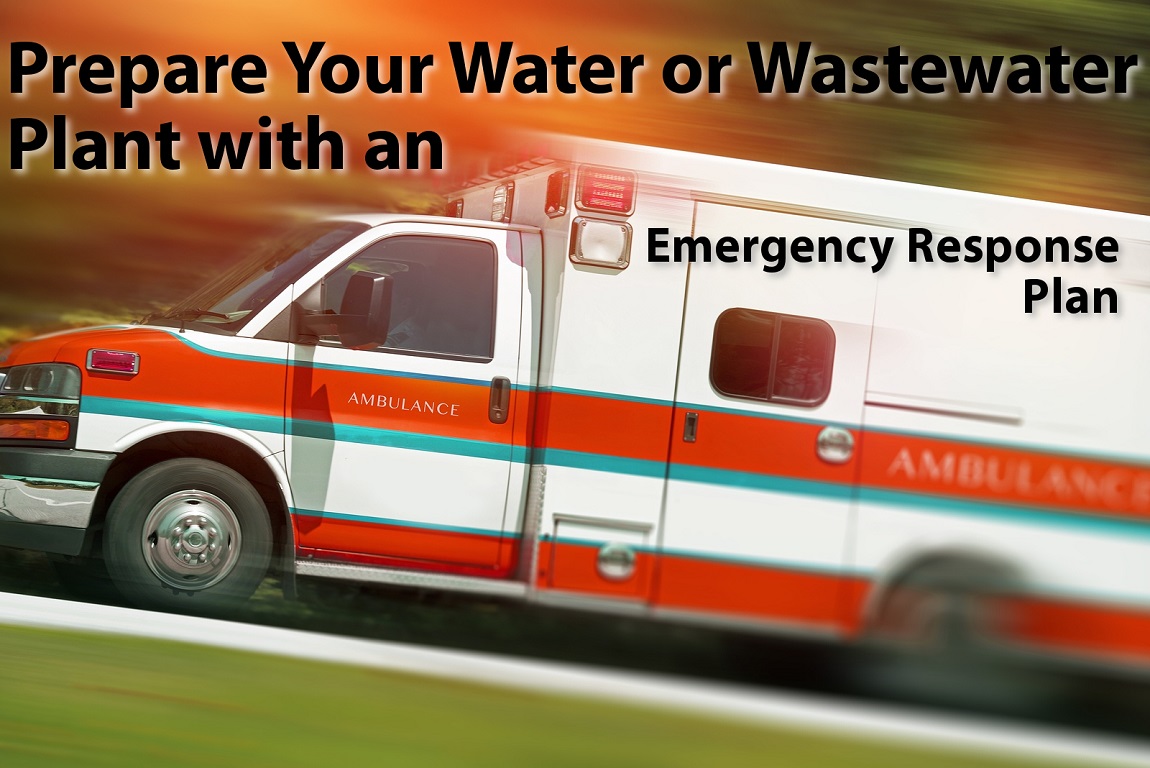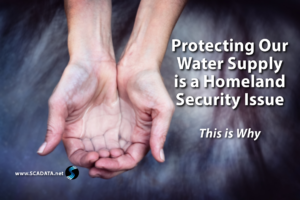Be prepared or suffer the consequences. That�s the lesson water and wastewater facility operators need to take to heart. While this may sound ominous, many issues can be resolved by simply having a Emergency Response Plan (ERP) in place.
Adhering to government regulation is one simple reason to consider an ERP. On June 12, 2002, President Bush signed into law the Public Health Security and Bioterrorism Preparedness and Response Act of 2002 (PL 107-188, referred to as the Bioterrorism Act). This legislation recognizes the need for drinking water systems to undertake a more comprehensive approach to water safety and security. The Act amends the Safe Drinking Water Act and specifies actions Community Water Systems (CWS) and the U.S. Environmental Protection Agency (USEPA) must take to improve the security of the nation’s drinking water infrastructure. Per the act, water systems serving populations greater than 3,300 are mandated to either prepare or revise an Emergency Response Plan that incorporates the results of its Vulnerability Assessment.
Protecting public health is a primary goal of local water systems. To that end, maintaining an up-to-date and effective ERP can help to ensure the public is not compromised in the event of a disaster.
The written ERP should take into account such events as terrorism, natural disasters, and other catastrophic incidents that can result in loss of life and facility damage. In order to develop a comprehensive plan, managers, operators, and employees are tasked with exploring vulnerabilities, making improvements, and establishing procedures to follow in the event of an unfortunate occurrence.
When it comes to our water systems, there is no such thing as too much planning. It is of vital importance that your employees know who exactly is responsible for what. Outlining these responsibilities and ensuring that your staff is fully aware of the expectations will speed up response time and eliminate confusion.
Personnel need to know the following:
- Who they notify in case of an emergency
- Who is responsible for overall management of an emergency
- Who has decision-making authority
- Which duties or tasks they must manage during an emergency
The human element of emergency planning should not be overlooked. During the course of the planning process, people are encouraged to collaborate and get to know each other better, which is always a good thing. Fostering relationships among your staff can help make employees feel more comfortable with one another, reducing hesitation in the face of an emergency situation.
Protecting public health is a primary goal of local water systems. To that end, maintaining an up-to-date and effective ERP can help to ensure the public is not compromised in the event of a disaster. Preparing and practicing such a plan can provide significant rewards in the form of saved lives, illness prevention, enhanced security, minimized property damage, and reduced liability.
A thorough ERP will tell you exactly what to do and whom to contact in the event of a crisis so that a response can be rapid and effective. A quick response can be the key to protecting the health and safety of your community, as well as the surrounding environment. �An ERP can also mean savings to facility owners by minimizing further complications.
The good news is you don�t have to go it alone. The EPA has resources for water and wastewater utilities to help in developing or updating Emergency Response Plans. There is also a tool specifically designed for helping identify vulnerabilities. Check out the Vulnerability Self-Assessment Tool 6.0.
As a system operator, you can rest easier with an ERP in place, as it helps you to ensure the safety and health of the people in your community, while doing your part in protecting the planet. For additional tips regarding safety, check out our blog post detailing 12 Things You Need to Know about Wastewater Plant Safety.



